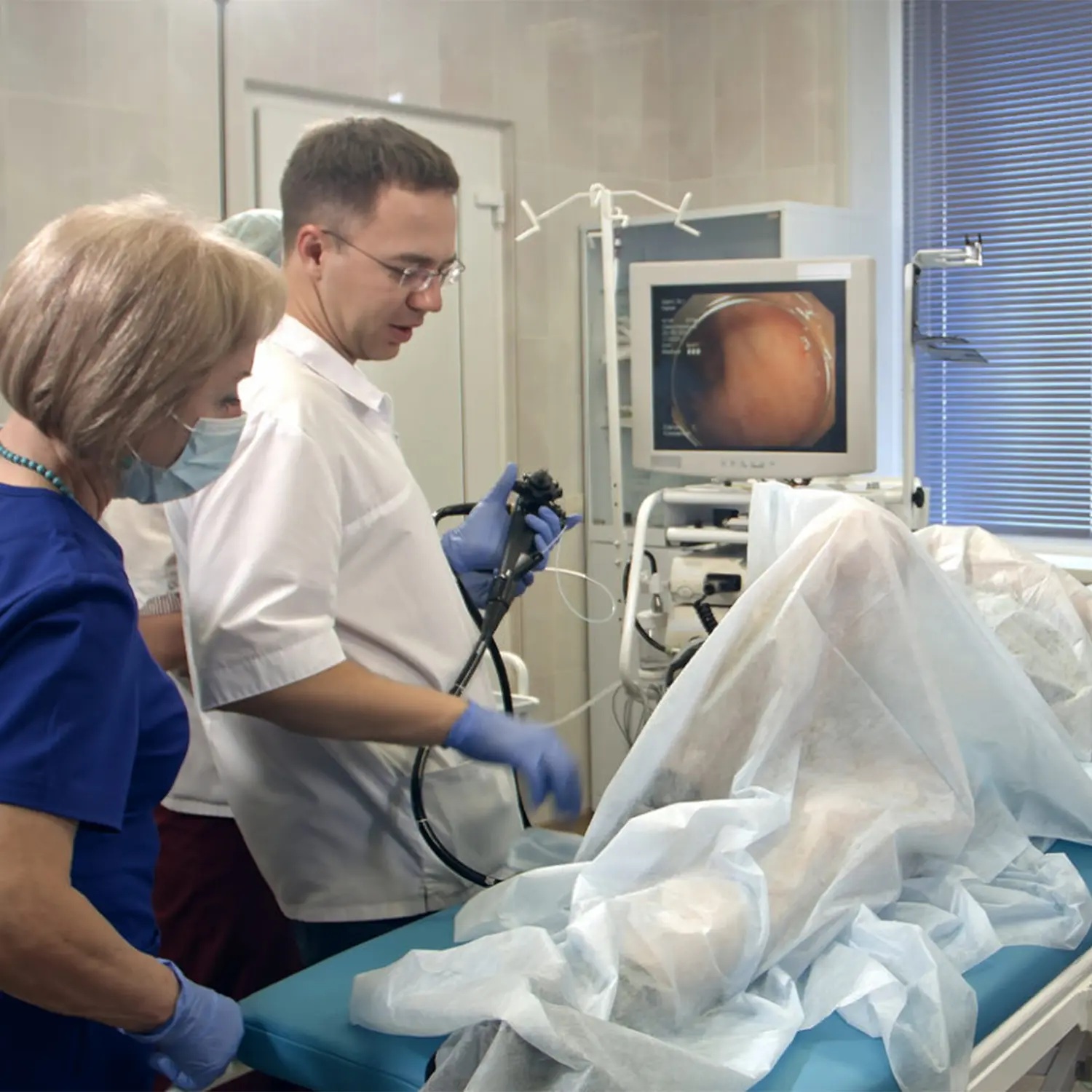
FDA Warning on Endoscope Reprocessing
The FDA Continues to Remind Facilities of the Importance of Following Duodenoscope Reprocessing Instructions: FDA Safety Communication
Summary of Problem and Scope
Update: Information on the Duodenoscope Contamination Rate from the Postmarket Surveillance Studies
On October 5, 2015, the FDA ordered all three manufacturers (Fujifilm Medical Systems USA, Inc, Olympus Medical Systems Corporation, Pentax of America) who make duodenoscopes sold in the U.S. to conduct postmarket surveillance studies so the FDA can better understand how duodenoscopes are reprocessed in real-world settings.
As of March 2019, the manufacturers continue to collect samples for the Sampling and Culturing Study.
The study was designed to evaluate the percentage of clinically used duodenoscopes that remain contaminated with viable microorganisms after the use of labelled reprocessing instructions. The studies were designed assuming less than a 0.4% contamination rate. The preliminary results as of March 2019 indicate higher than expected levels of contamination: For low to moderate concern organisms with >100 CFU, updated culturing results continue to indicate a higher-than-expected contamination rate after reprocessing, with up to 3.6% of properly collected samples testing positive. For high concern organisms, defined as organisms that are more often associated with disease, such as E. coli, and Pseudomonas aeruginosa, updated culturing results appear to show that up to 5.4% of properly collected samples test positive, which is an increase from the 3% contamination rate that was previously reported.
Root cause analyses are currently underway to better understand these culturing results. Some factors that may contribute to device contamination after reprocessing include device damage and errors in reprocessing. These results remain preliminary because they are based on the collection of only a portion of the samples that the FDA has mandated be collected and tested. Each manufacturer must still submit to the FDA culturing results for the total number of samples required in each approved study plan.
The numbers of samples collected and the contamination results to date, along with summary descriptions of the FDA-approved study plans, are available on the respective FDA 522 Postmarket Surveillance Studies webpage for each manufacturer: Fujifilm, Pentax, and Olympus
Andersen Caledonia Comment
Ethylene oxide sterilisation remains a tried and tested way to eliminate contamination of scopes and when used in combination with a standard Automated Endoscope Reprocessor cycle has been shown as in he FDA report as a way to eliminate he risk of cross contamination via the duodenoscope. Andersen Caledonia has been sterilizing NHS scopes for almost 20 years with ethylene oxide on a contract basis and offers a range of cycles with fast turnaround and a cost competitive service. As a result we continue to maintain our market leadership.
Share: